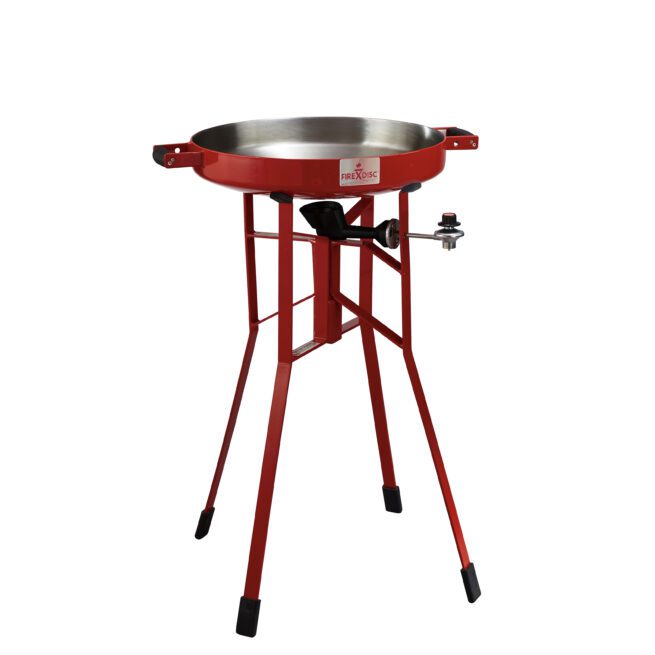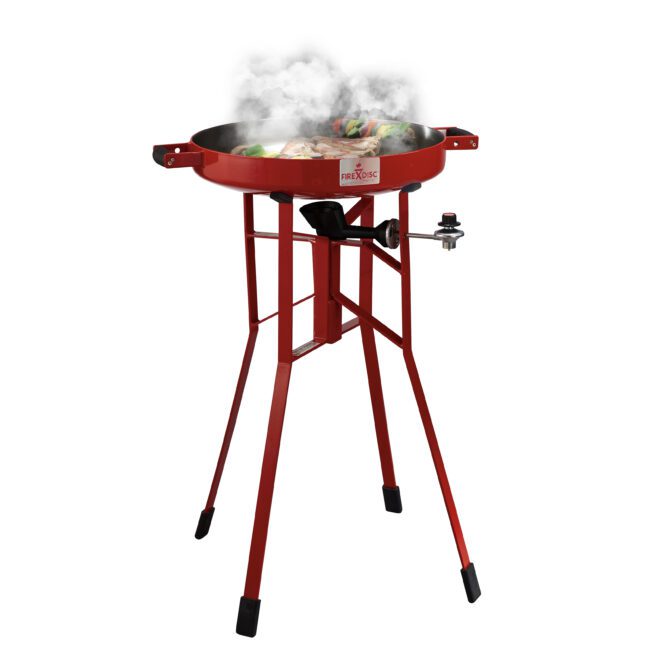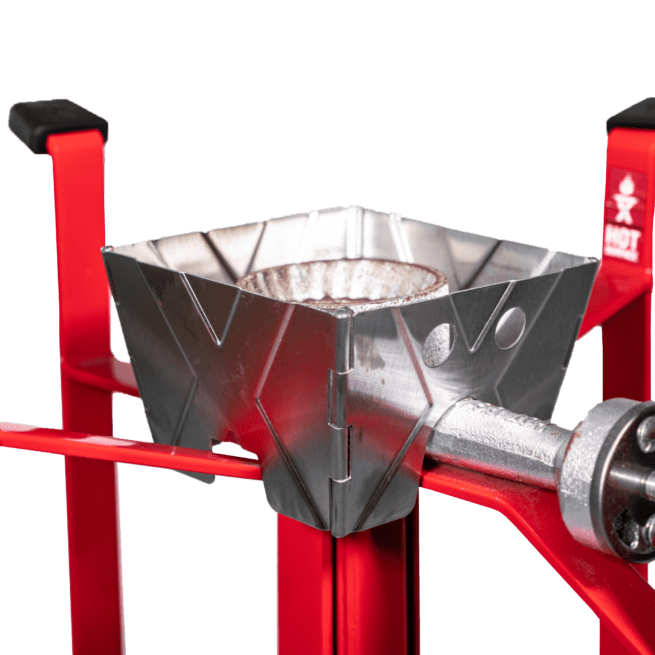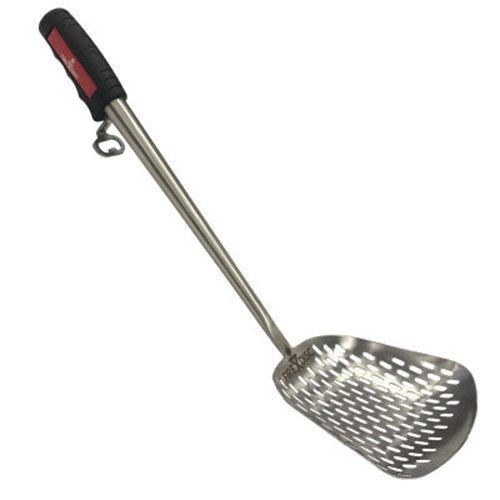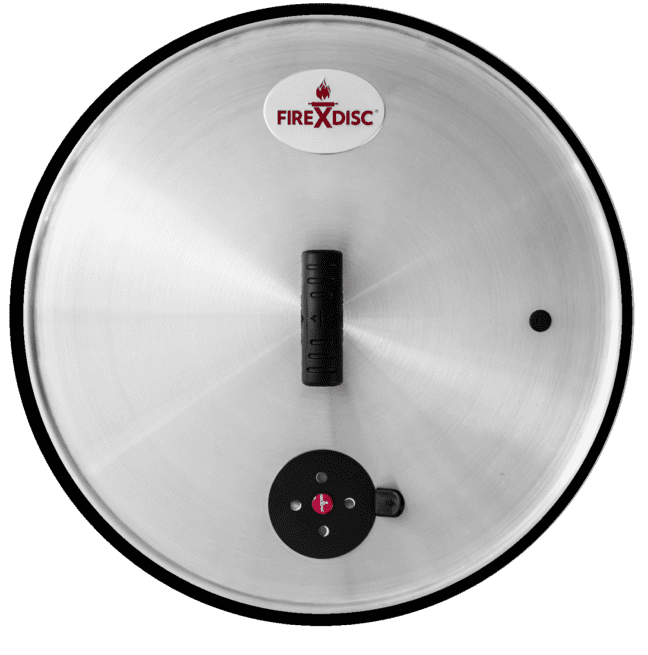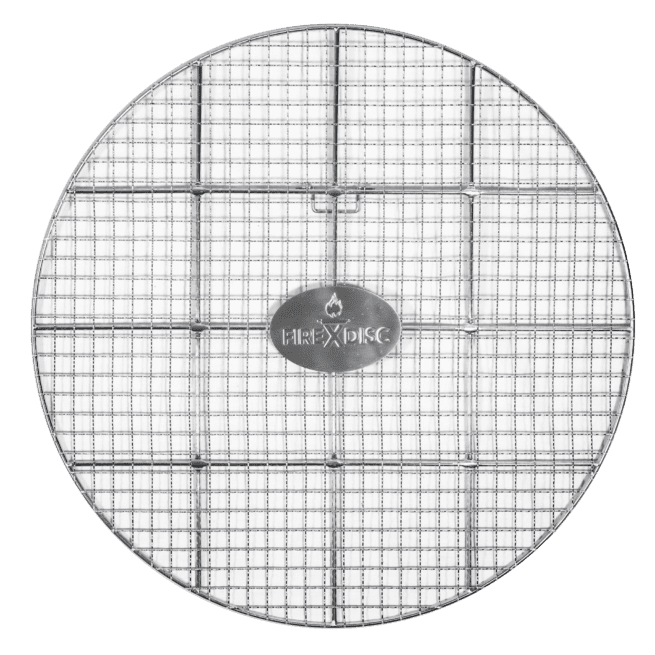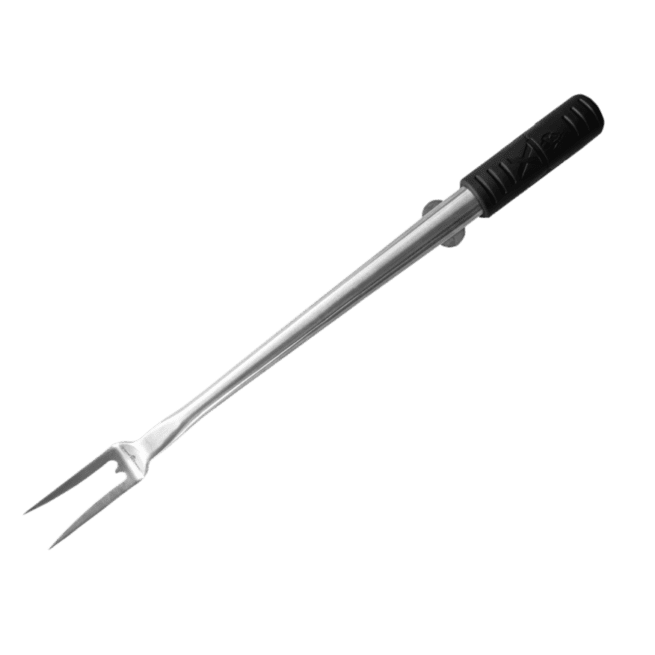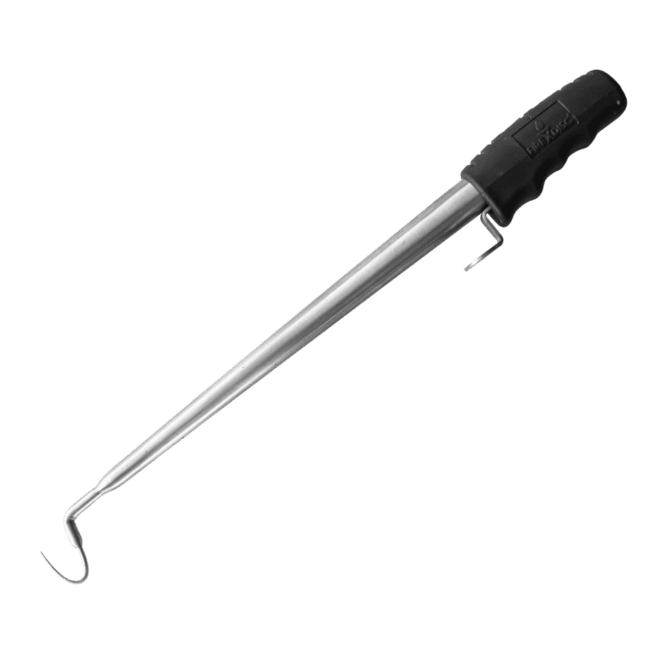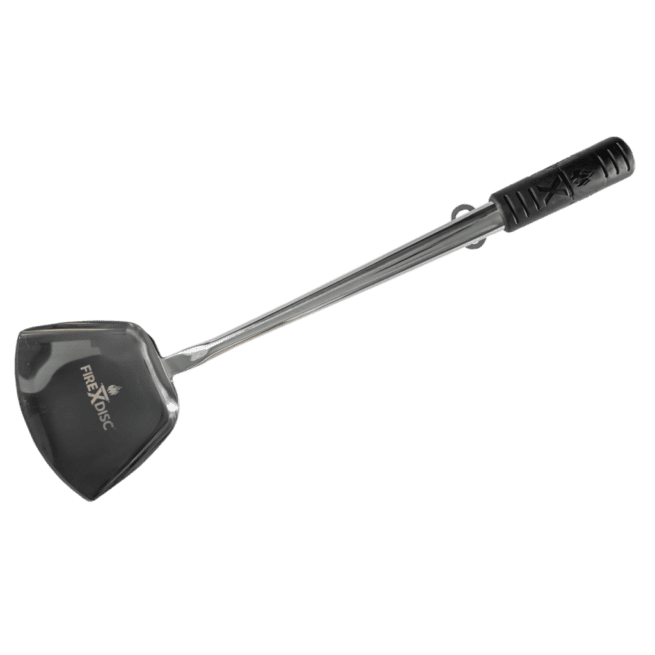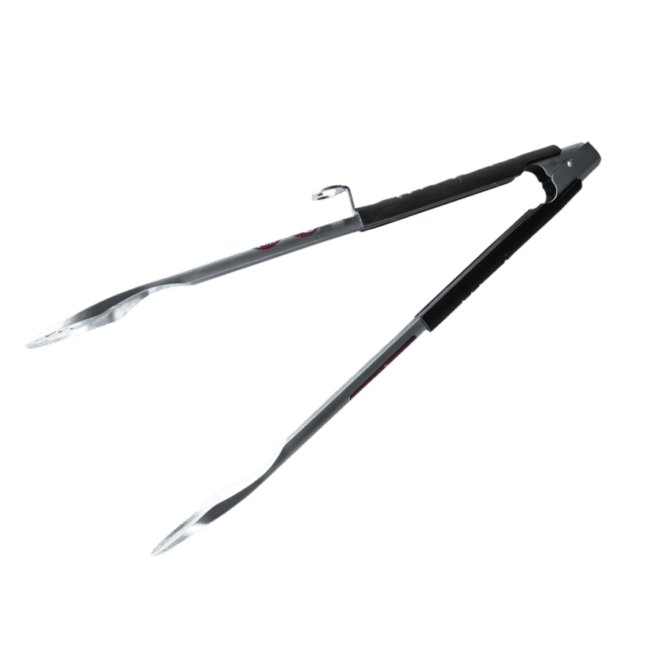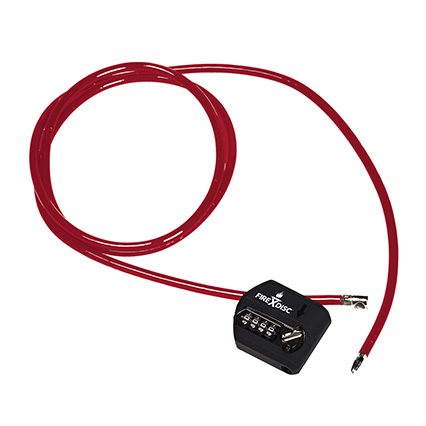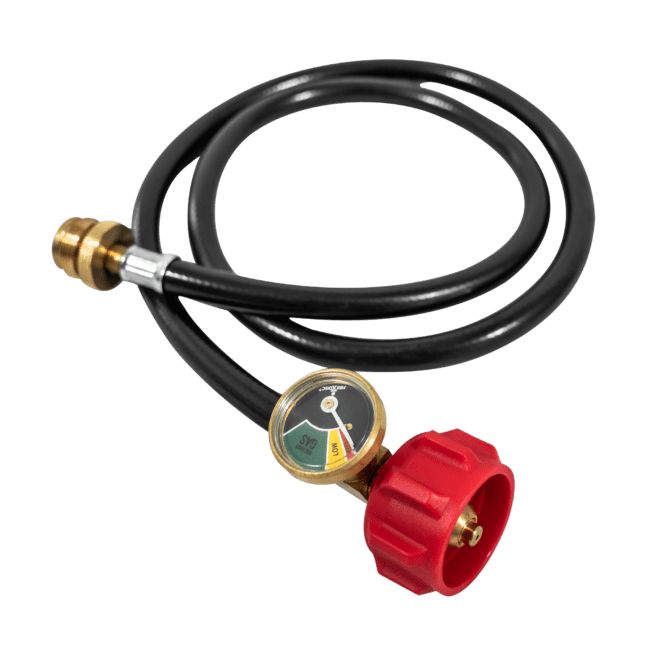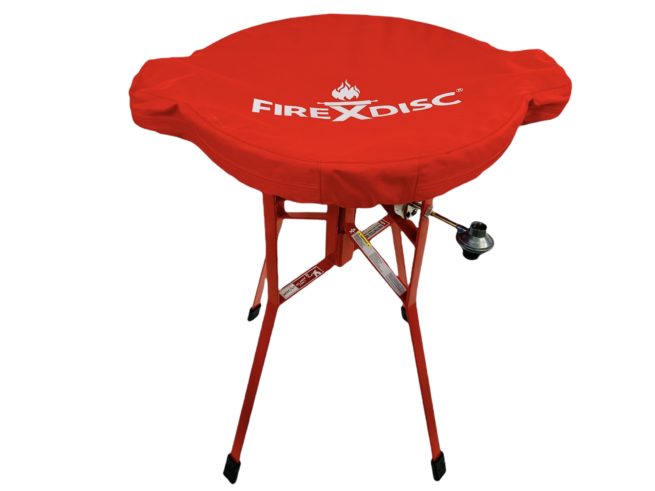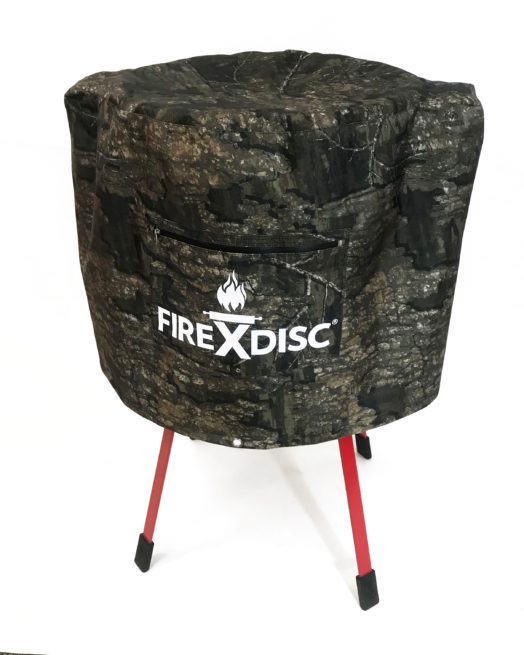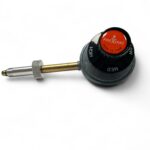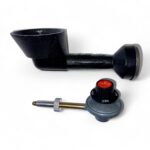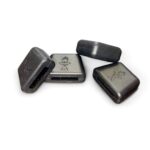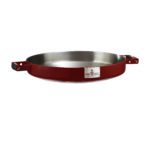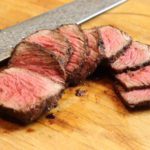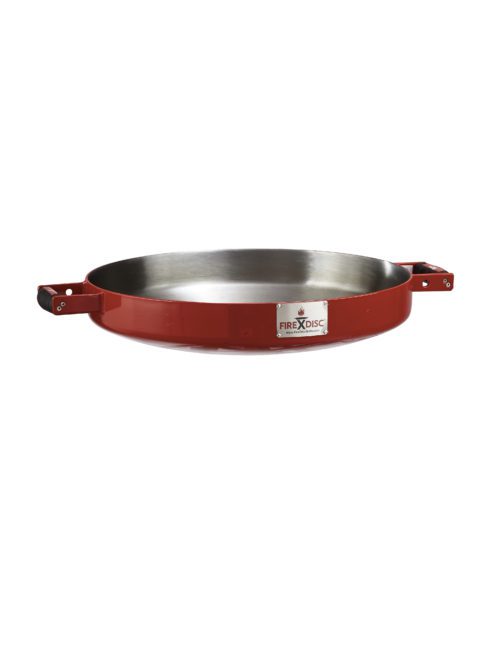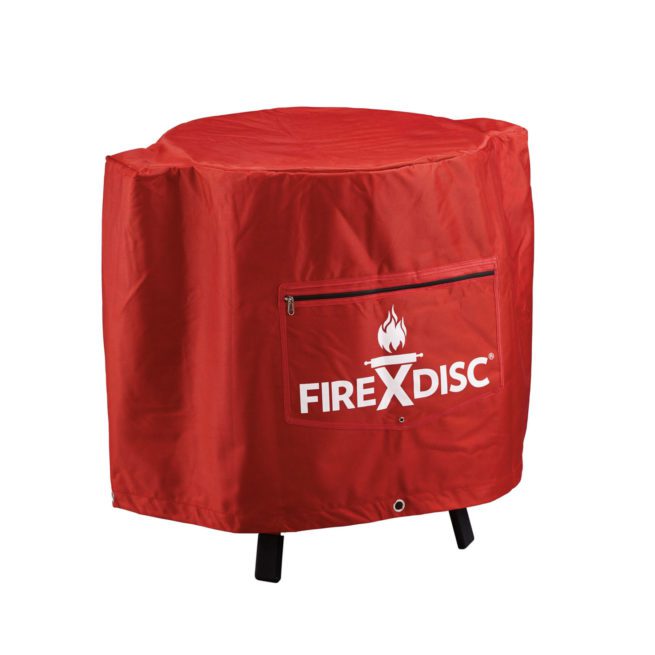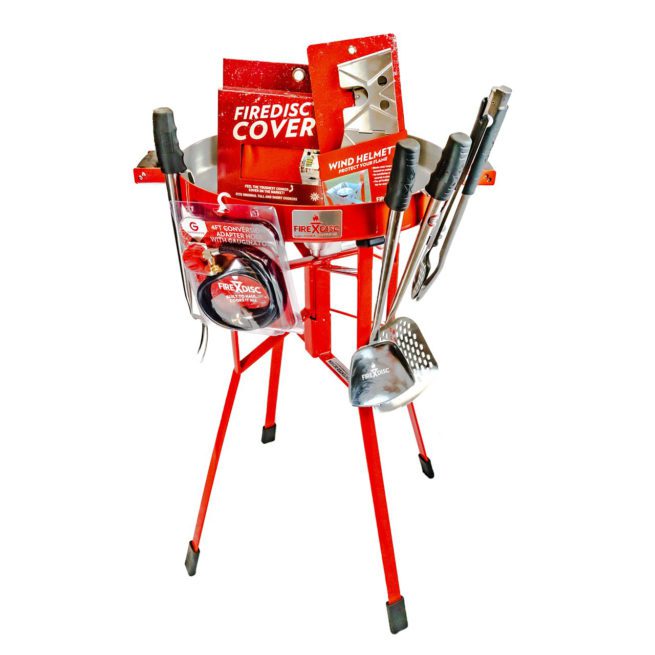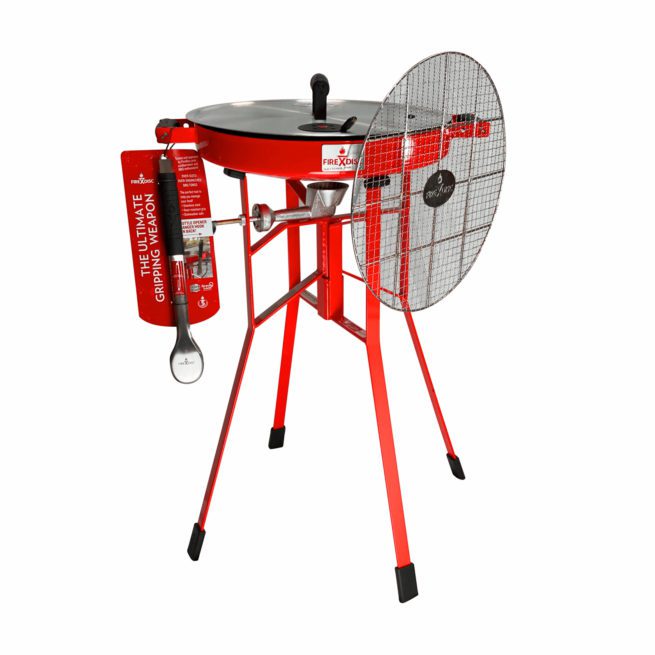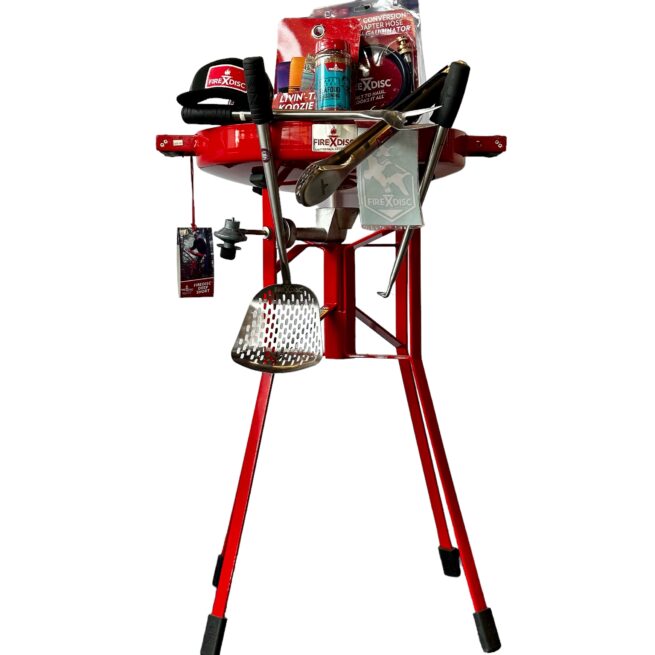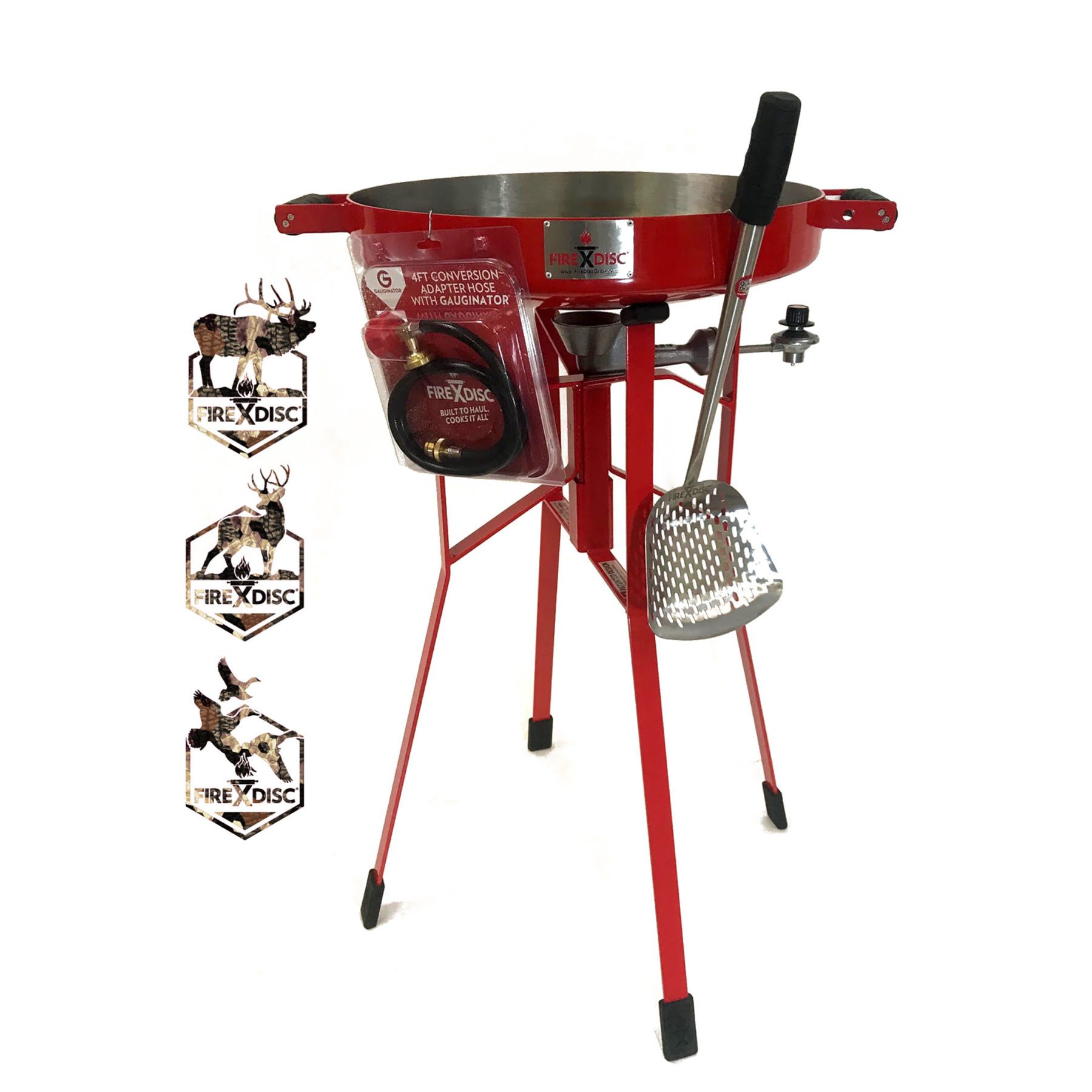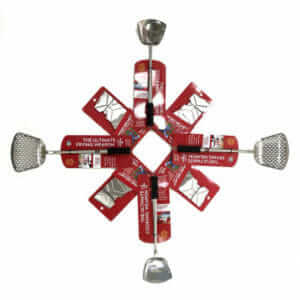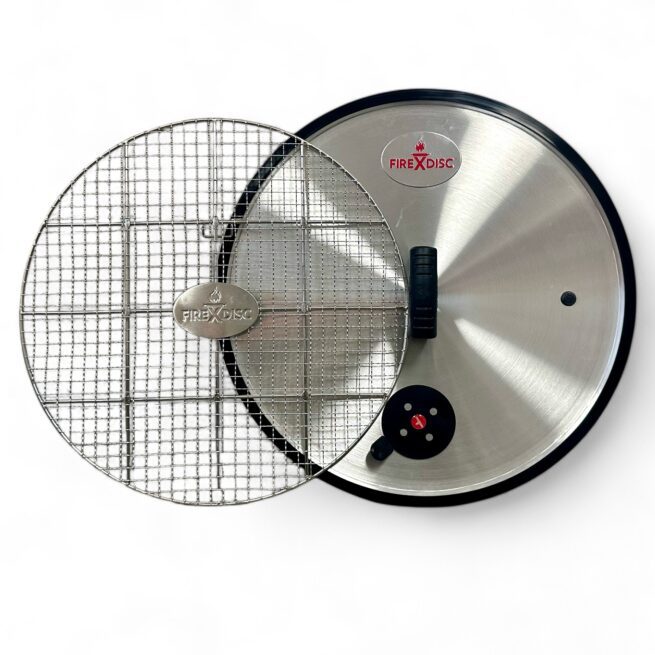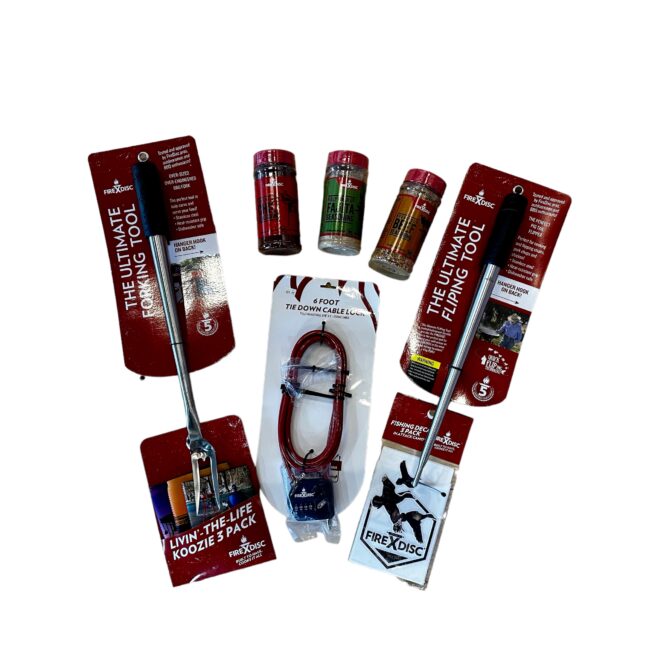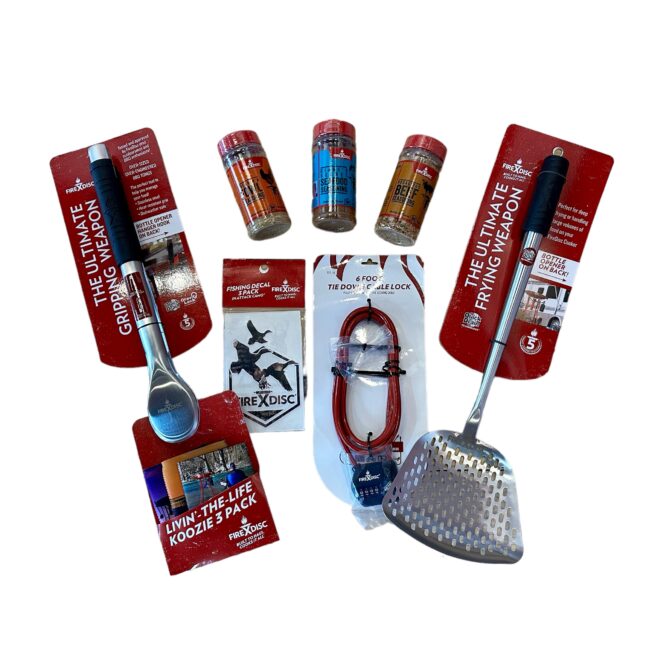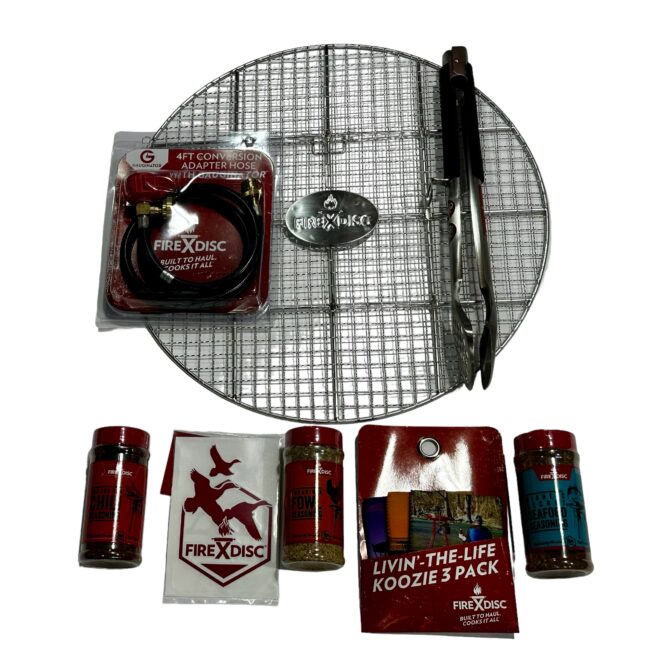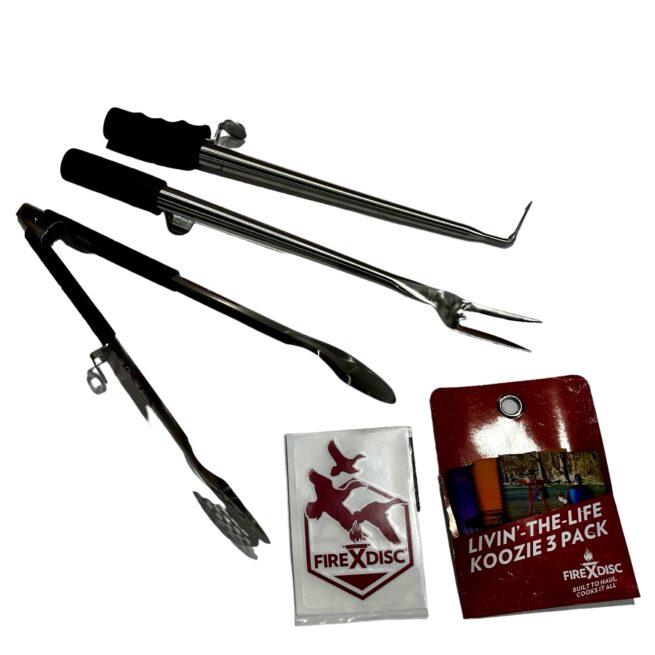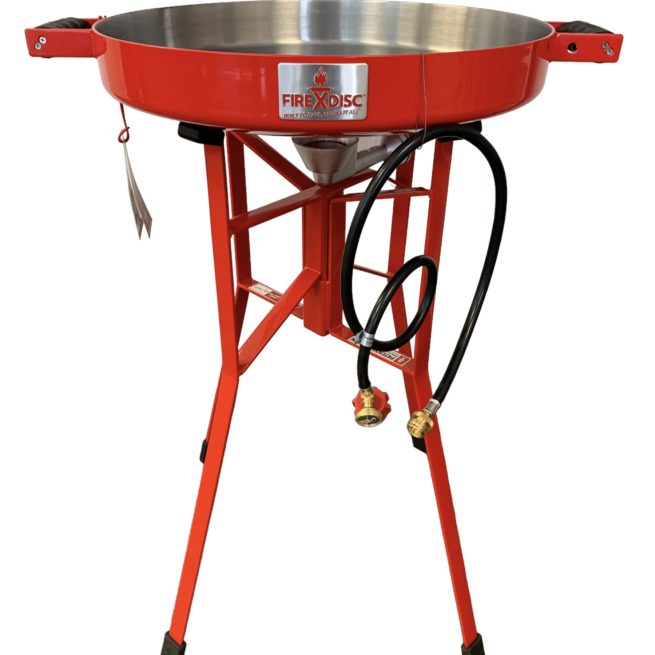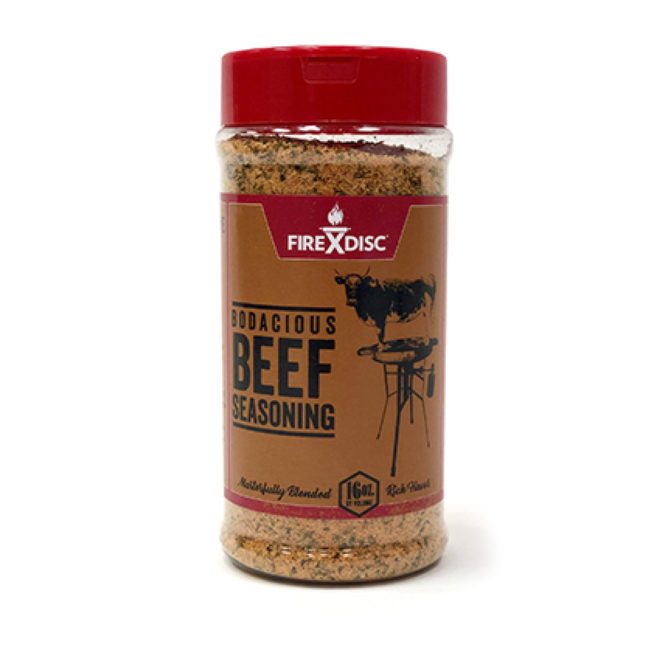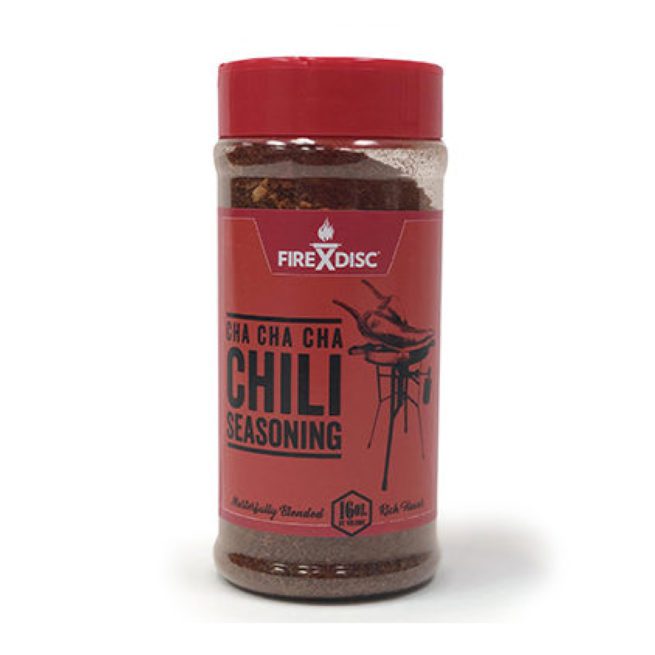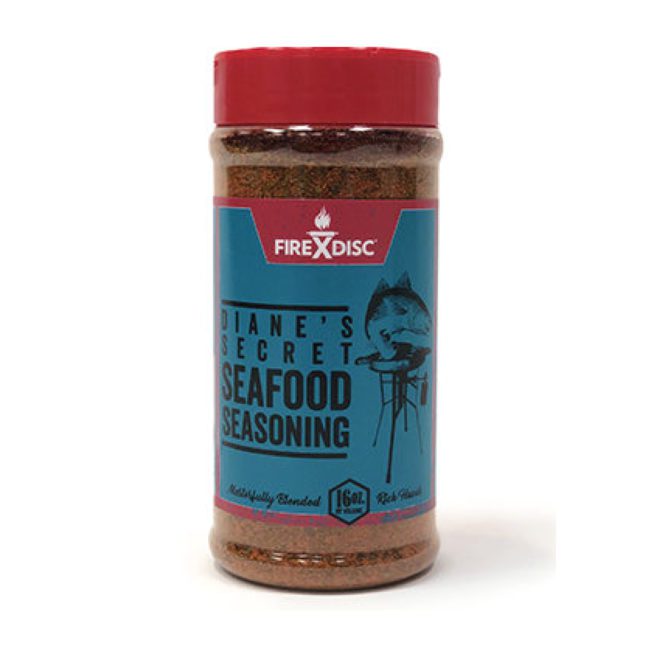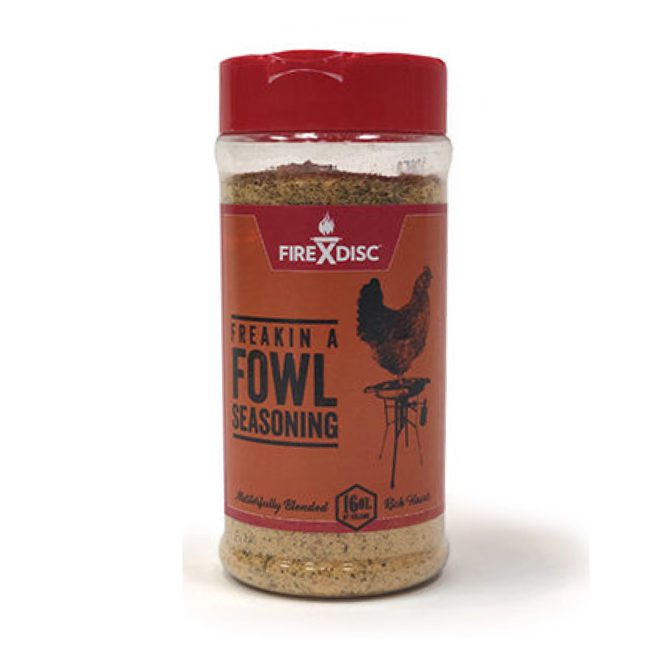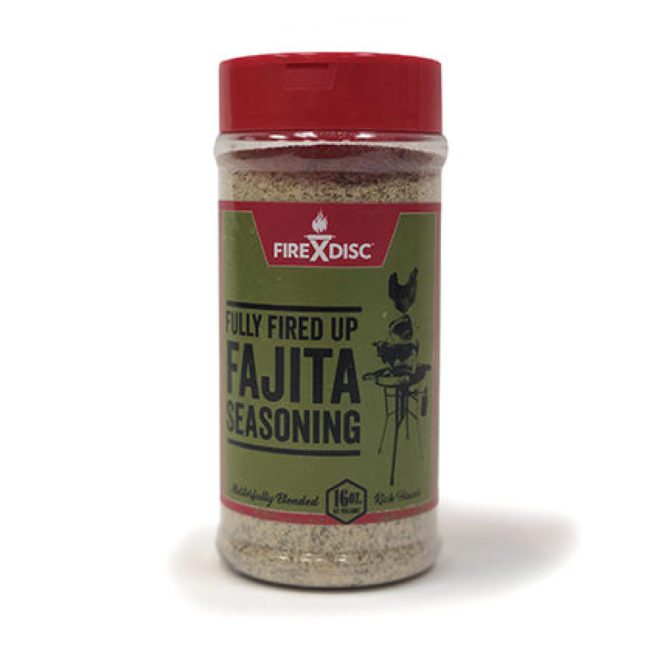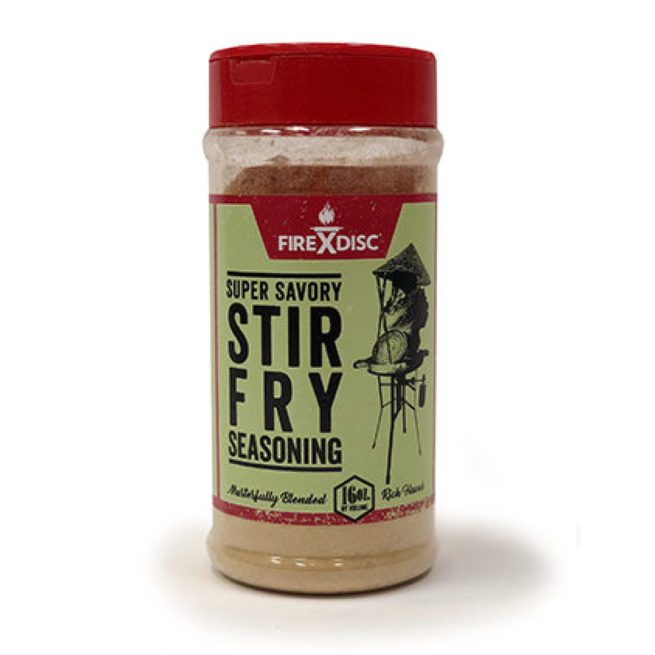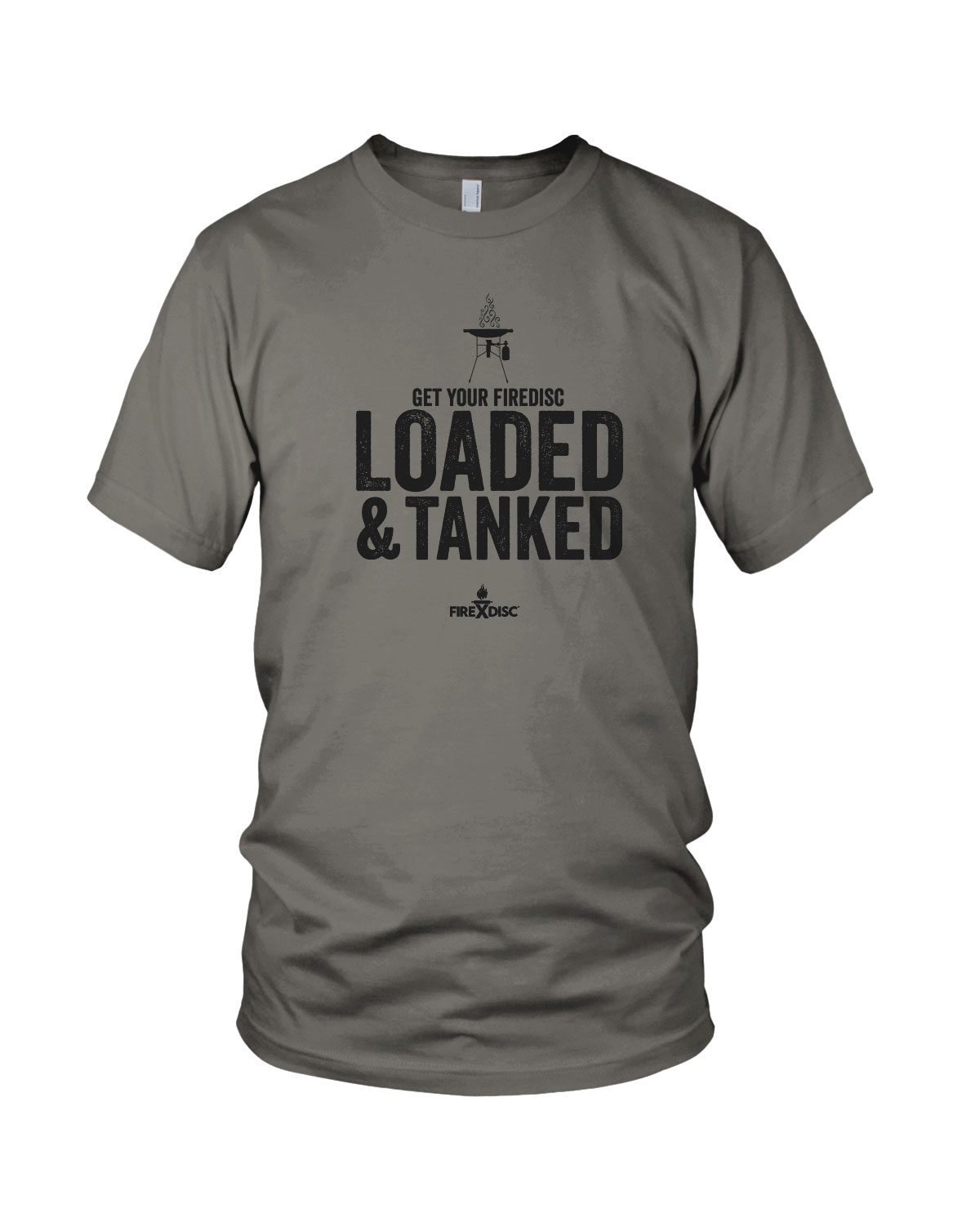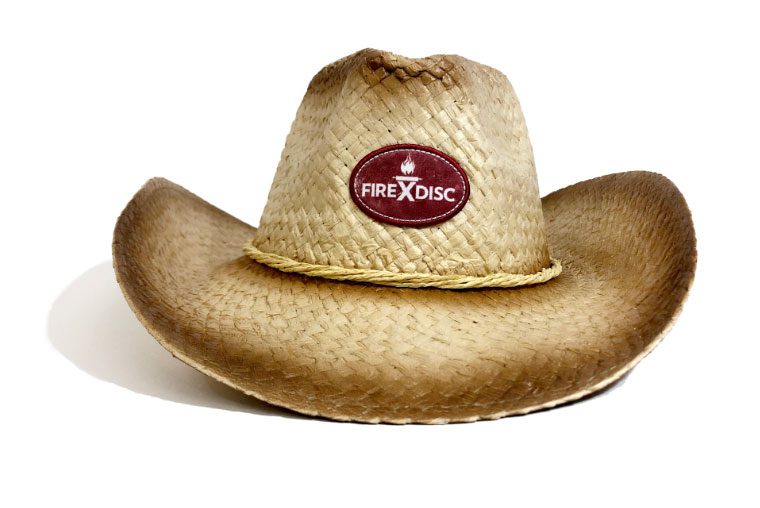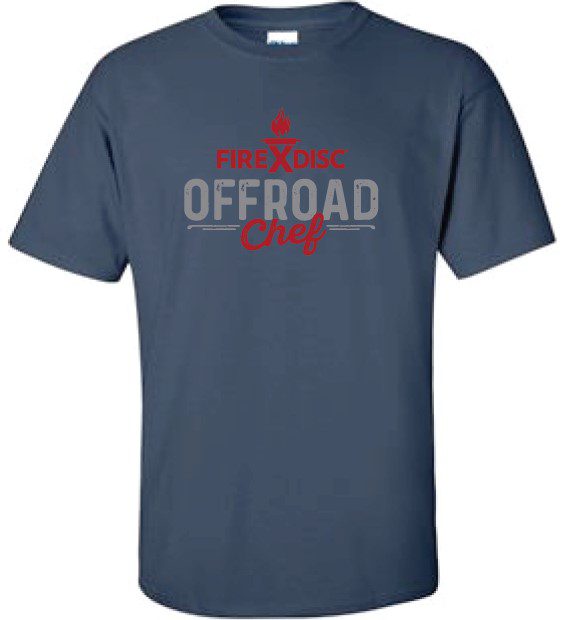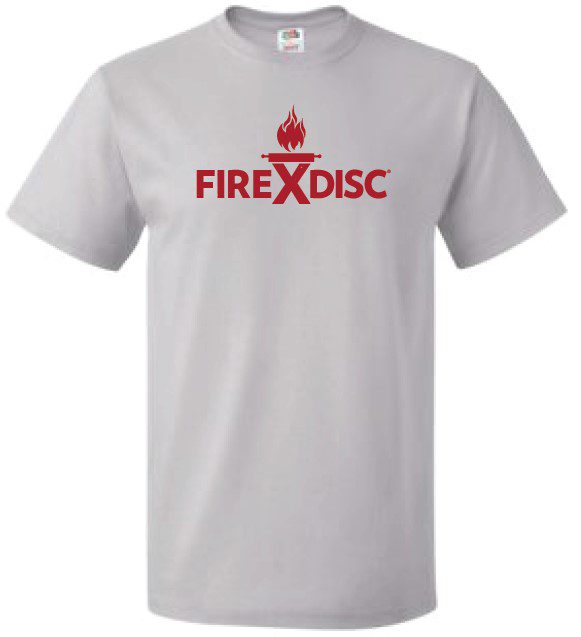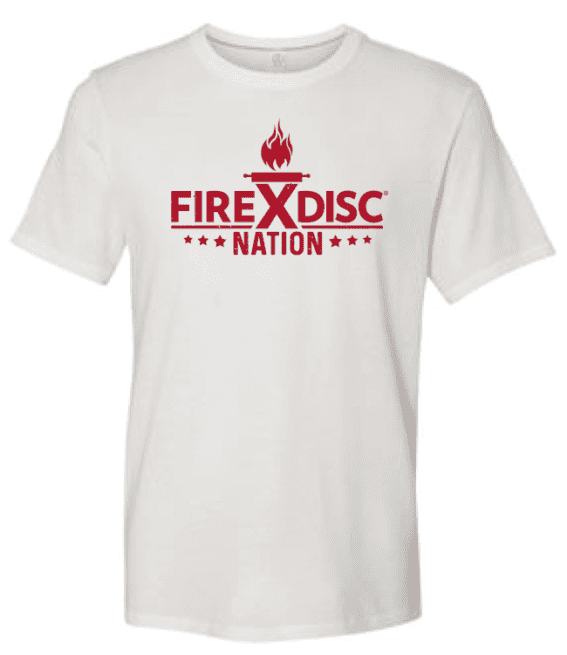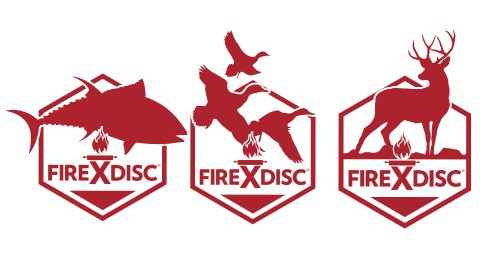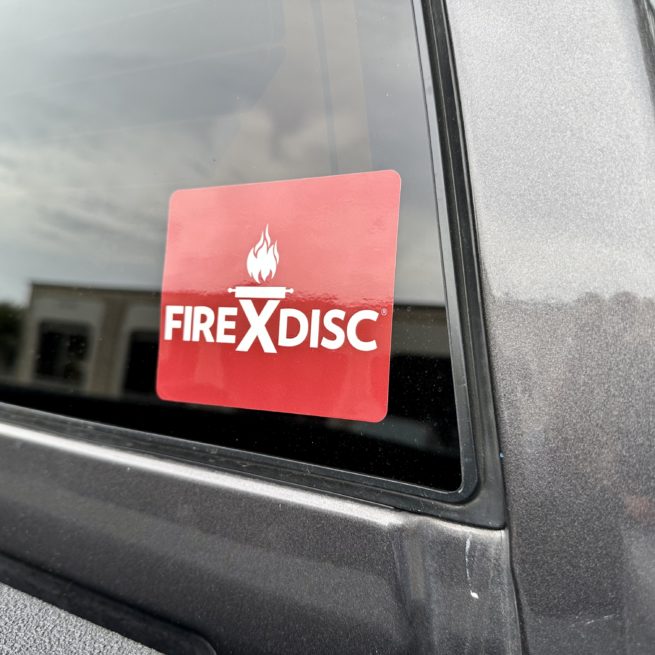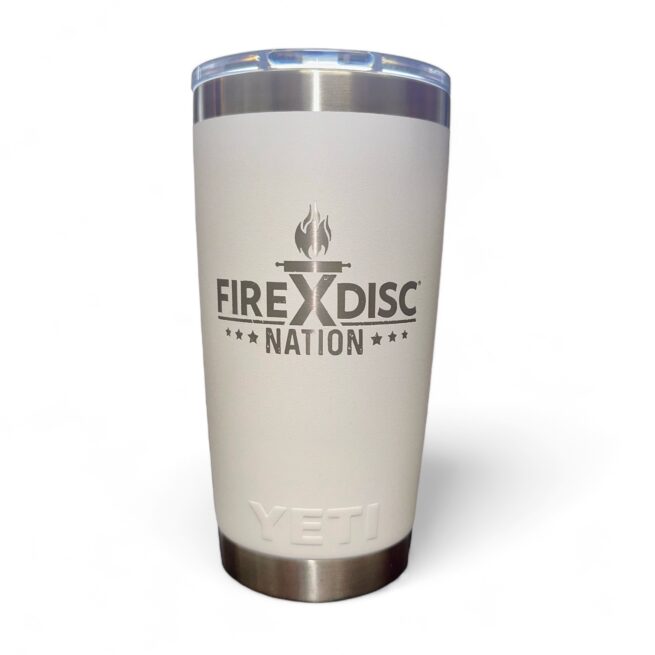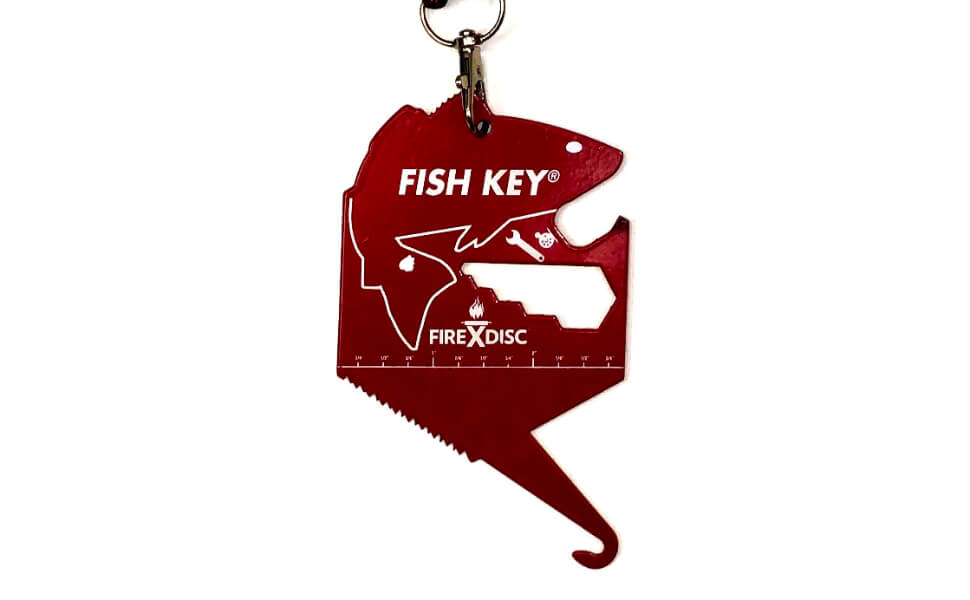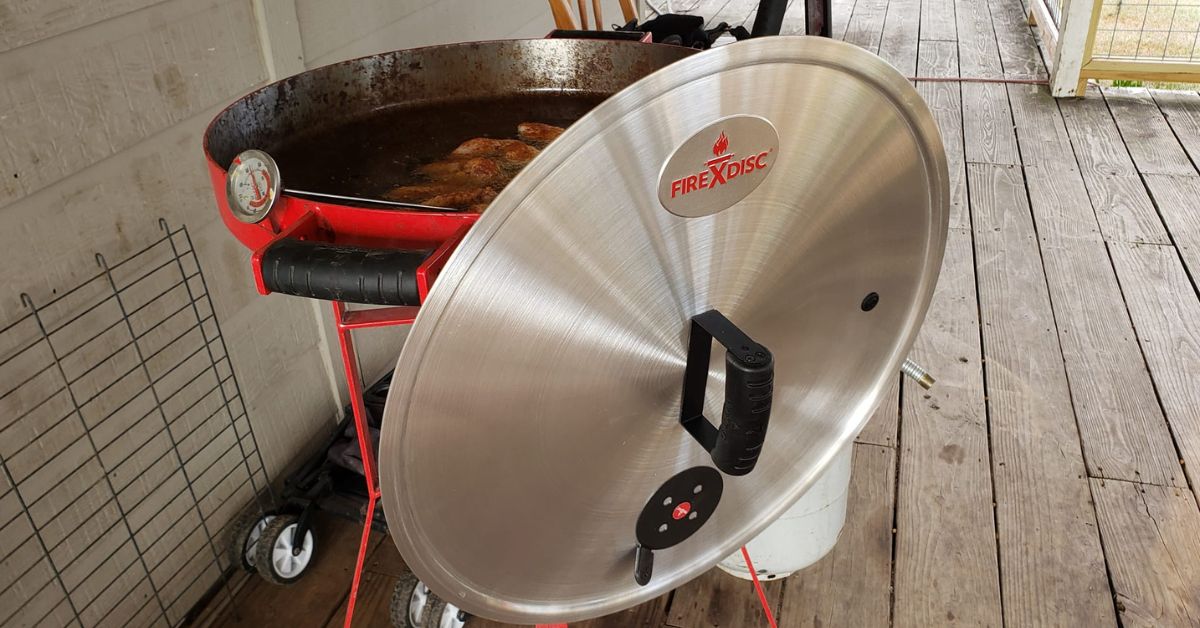When it comes to cooking delicious meals, two popular methods stand out—grilling and frying. Both techniques offer unique flavors and textures, and with the FireDisc, you have the flexibility to enjoy both. However, knowing why grilling is better than frying can help you prepare flavorful meals that also support better health.
A Note on Oil and the FireDisc
Seasoning your FireDisc involves coating the cooking surface with a thin layer of oil and heating it to high temperatures. This process forms a protective layer that prevents food from sticking and adds a unique seasoning to your meals.
However, using oil to season your FireDisc is different from deep frying. While deep frying involves immersing food completely in hot oil, seasoning with oil on a FireDisc focuses on creating a non-stick barrier and infusing subtle flavors into your dishes without the excessive oil absorption associated with deep frying. By seasoning your FireDisc properly, you can achieve a well-seasoned cooking surface that enhances the cooking experience and improves the overall taste of your meals.
Comparing Seasoning Oils
When selecting a seasoning oil for the FireDisc, factors to consider include health benefits, flavor compatibility with the dishes you plan to cook, allergies, and the smoke point of the oil. Avocado oil, known for its high smoke point and heart-healthy fats, is a great choice for high-heat cooking on the FireDisc.
Canola oil offers versatility with a neutral taste and lower saturated fat content, making it suitable for various cooking needs on the FireDisc. Coconut oil can add a tropical flavor to your dishes. These are just a few of the seasoning options you have for your FireDisc.
Retaining More Nutrients
Grilling retains more nutrients in food compared to frying. The high heat of the grill sears the surface of the food, locking in valuable vitamins and minerals. This quick cooking method means that less of the food’s natural goodness is lost to heat and tons of oil.
In contrast, frying often requires submerging food in oil, which can strip away vital nutrients. The longer cooking times associated with frying can also lead to nutrient degradation.
Grilling retains the following nutrients better than frying:
- Vitamin C: Grilling vegetables, such as bell peppers, zucchini, and tomatoes, helps retain Vitamin C, which is vital for tissue growth and repair.
- B Vitamins: Lean meats such as chicken and turkey are excellent sources of B vitamins that enhance energy metabolism and red blood cell formation when grilled quickly.
- Omega-3 Fatty Acids: Grilled fish, particularly salmon and mackerel, maintain their Omega-3 fatty acids, which are beneficial for heart health and reducing inflammation.
- Beta-Carotene: Grilling root vegetables, such as carrots and sweet potatoes, preserves beta-carotene, which is crucial for healthy vision and skin.
- Iron: Grilling cuts of red meat, such as steak or lamb, retains iron, essential for increasing energy levels and hemoglobin production.
Easier Digestion
Grilled food is also easier to digest. The high heat of grilling breaks down proteins and fats more efficiently, making the food easier on your digestive system. This means you’re less likely to feel heavy or bloated after a grilled meal.
Fried foods, however, tend to be harder on the stomach. The high fat content and heavy breading can slow digestion, leading to discomfort and indigestion. For those with sensitive stomachs or digestive issues, grilling is a gentler and more stomach-friendly option.
Comparing Grilled and Fried Flavors
When comparing the flavors of grilled foods and deep-fried foods, one notable distinction lies in the depth and complexity of taste. Grilling with propane imparts a subtle smokiness that enhances the natural flavors of ingredients, allowing the charred edges to create a satisfying texture contrast. High heat and specialized outdoor cooking accessories, such as food-handling tools, result in a juicy and tender interior with a beautiful, seared exterior.
In contrast, deep-fried foods often deliver an indulgent crunch. The batter or breading used absorbs oil, creating a heavier mouthfeel that can overshadow the inherent flavors of the food. While both methods have their unique appeal, grilled foods have a cleaner, more vibrant taste that brings out the inherent flavors of your ingredients and seasonings.
Reducing Unhealthy Fats
Grilling is a healthier cooking method as it reduces the intake of unhealthy fats. Adding just enough oil to season the FireDisc reduces the overall fat content of the final dish compared to deep frying. This makes grilled meals leaner and better for your heart.
Frying, conversely, often involves cooking food in a bath of oil, leading to higher fat absorption. Consuming a lot of fried food can increase your intake of unhealthy fats, which are linked to various health issues, such as obesity and cardiovascular diseases. Grilling is better than frying if you want to enjoy flavorful meals without consuming excess fat.
Other Alternatives to Deep-Frying
You can try pan-frying, stir-frying, and sautéing as alternatives to deep frying in your versatile FireDisc. These methods involve cooking food in a smaller amount of oil or with the use of oil spray, resulting in less oil absorption compared to deep frying. Quick cooking at high heat creates a crispy texture without fully immersing the food in oil like in deep frying.
Pan Frying
Pan frying involves cooking food in a small amount of oil over medium to medium-high heat. This method is ideal for achieving a delicious outer crust while keeping the interior moist and tender. However, like deep frying, pan frying can retain excessive oil, leading to a higher fat content in the finished dish.
Stir Frying
Stir-frying is a quick and high-heat cooking technique that originated in Asian cuisine. Using a small amount of oil, food is cooked in a wok or a large skillet while constantly stirring, allowing for even cooking and the preservation of vibrant colors and nutrients.
Cut vegetables and proteins into small, uniform pieces to ensure rapid cooking. This method not only enhances the flavors through the caramelization process but also retains the crunchiness of the ingredients.
Sautéing
Sautéing is another cooking technique that uses a small amount of oil or fat in a shallow pan over relatively high heat. The method is ideal for cooking foods such as vegetables, meats, or seafood quickly while allowing them to develop a golden-brown exterior.
The quick cooking time helps maintain the natural flavors, colors, and nutrients of the ingredients. Sautéing is versatile and can be enhanced with herbs, spices, or sauces to elevate the dish.
Grilling brings out the natural flavors of your ingredients and seasonings and offers significant health benefits by retaining crucial nutrients and lowering fat content. By retaining more nutrients, being easier to digest, and reducing unhealthy fats, grilling produces mouthwatering meals that align with a healthier lifestyle. Alternatives to deep frying, such as pan-frying, stir-frying, and sautéing, also provide tasty options with reduced oil absorption using your FireDisc propane cooker. Ultimately, embracing grilling and its alternatives can help you enjoy vibrant, flavorful dishes that support overall well-being.

